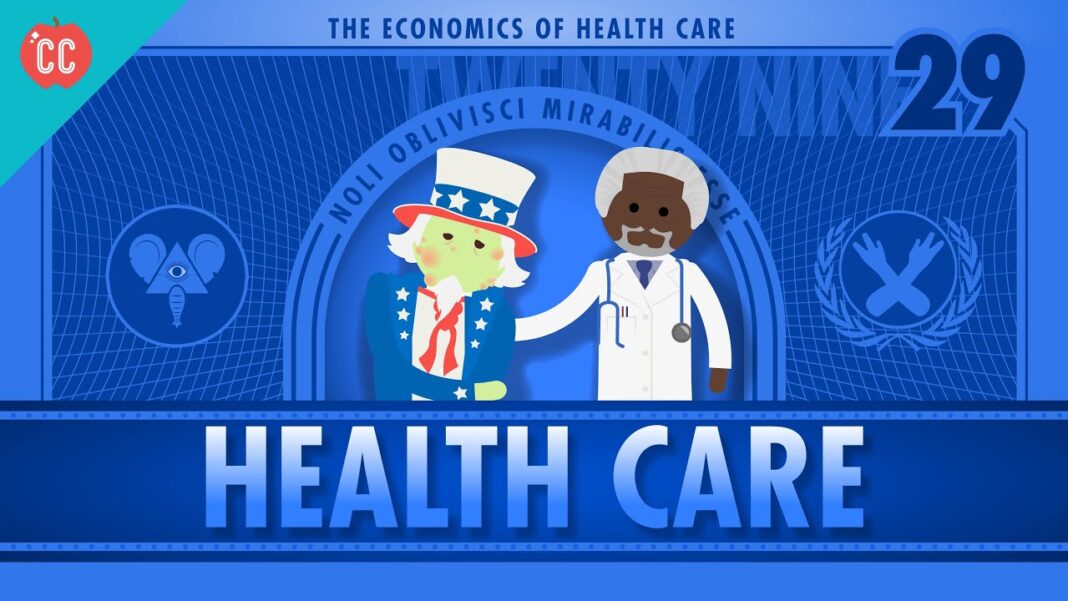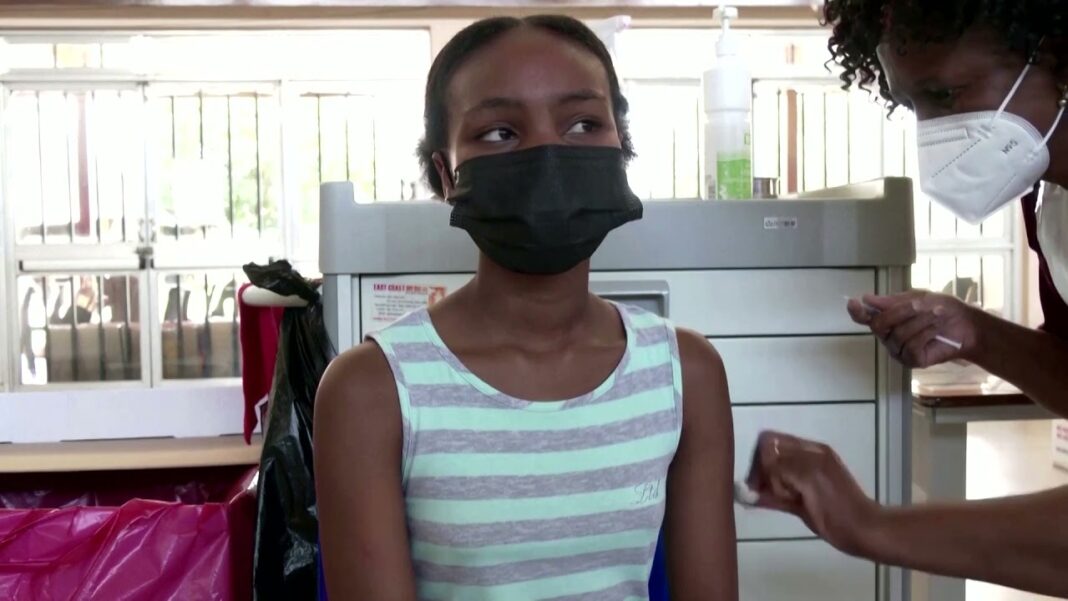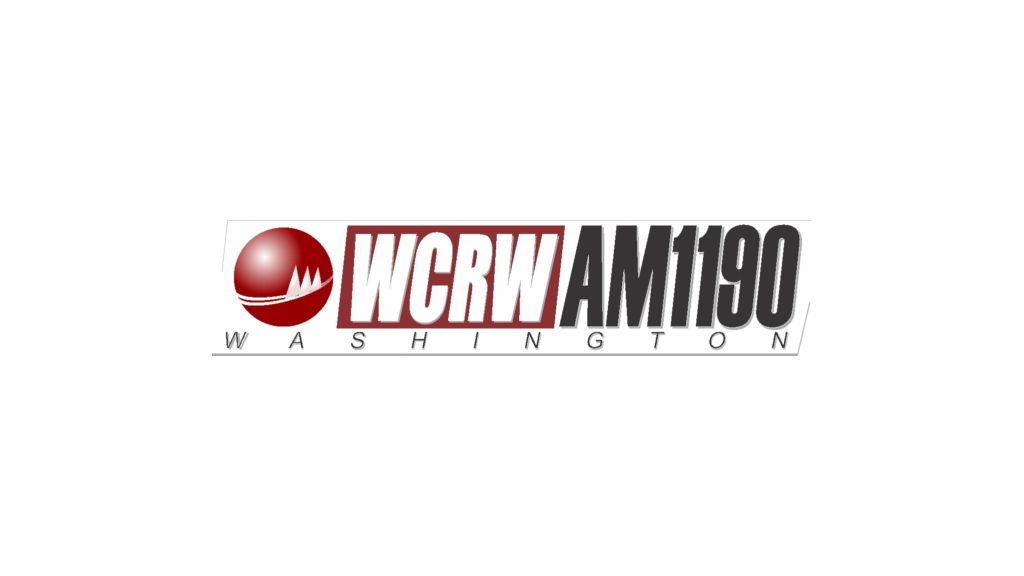
‘Doctors cannot question the federal government. That’s how health care works in the United States right now.’
Around the United States, in numerous cases, hospitalized COVID-19 patients have asked for Ivermectin but were denied the drug, and then sought a court order forcing the hospital to provide the requested medication. Ivermectin, which has been used safely in humans since 1985, has shown promise in treating the virus, especially when taken early. Although it is an off-label use and not guaranteed to work every time, it is legal for doctors to prescribe Ivermectin for COVID-19, and many patients, some desperate and dying, want to give it a try.
Why are so many hospitals opposed to trying safe, inexpensive Ivermectin? The answer is tied to the complicated financial house of cards covering the entire health care system.
This isn’t a story about Ivermectin; it’s about what COVID-19 exposed in America’s health care system. The federal government, pharmaceutical, and insurance companies hold the reins on what care hospital administrators can offer. They never looked at your chart, but have a say in your treatment, and doctors who stray from administrative protocol can kiss their careers goodbye.
Here is a look at the many forces driving health care decisions outside the doctor-patient relationship.
Sick People Are Profitable
Indiana-based Dr. Dan Stock is a family medicine physician connected to America’s Frontline Doctors, a medical freedom organization promoting treatments such as Ivermectin for COVID-19. He says finances guide much of today’s health care landscape.
“Almost no one pays for direct care anymore,” Stock told The Epoch Times. “You pay for your care as you give your money to the federal government through taxes, or to an insurance company through premiums.”
The insurance company or the government buys the service for you as a third party. That’s a problem, Stock says, because “The federal government never has paid its bills. Every doctor and every hospital lose money on every Medicare and Medicaid patient who comes in the door.” And to make up the loss, he says, the cost of health care is inflated for those with private insurance.
A 2017 fact sheet produced by the American Hospital Association said the annual shortfall borne by hospitals is $57.8 billion, and privately insured patients and others make up the difference.
Nonprofit hospitals are federally required to accept Medicare, Medicaid, retired military insurance, Indian Health Services, and all federal insurance programs.
This cost-shifting caused inflation of medical prices and that sparked increases in private health insurance premiums.
By Beth Brelje







